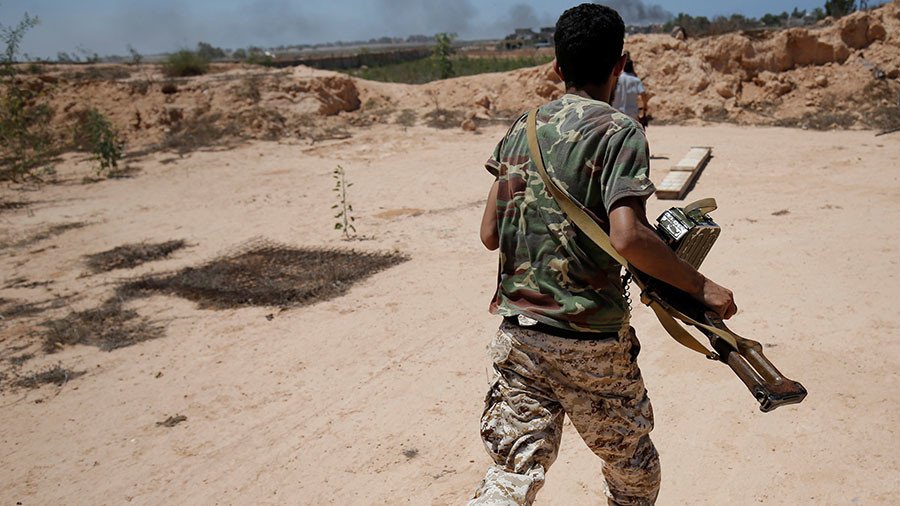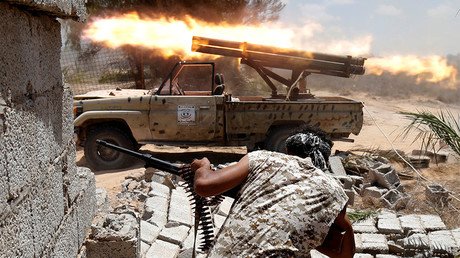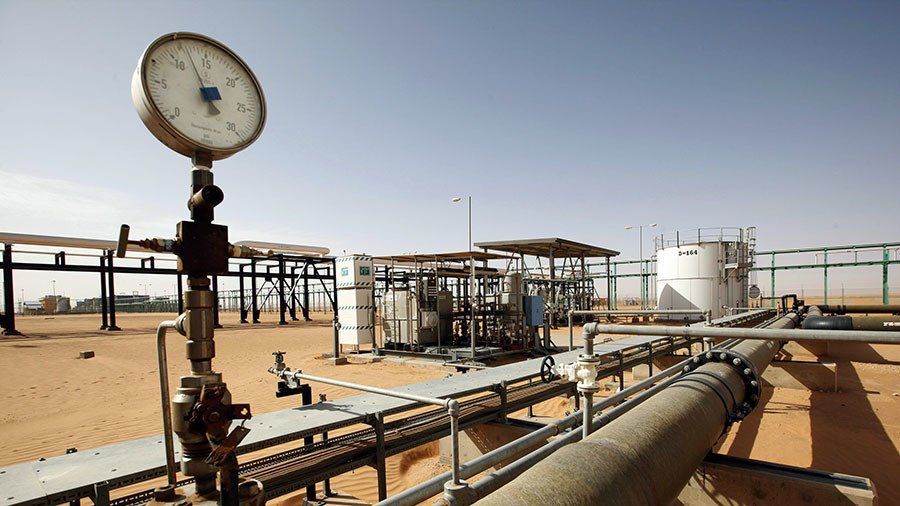The pipeline feeding crude from the Waha oil field into Libya’s Es Sider export terminal has been shut down for repairs after a fire broke out during the weekend.
An early report by Reuters cited a source from the pipeline operator Waha Oil Company who said the pipeline had been attacked by “a terrorist group.” Later, parent company NOC tweeted that preliminary investigation of the fire confirmed that the cause of the fire was a deliberate attack on the pipeline.
Repairs should last a few days, NOC also said, with the loss of production during the period estimated at 80,000 bpd. Waha Oil operates the same-name field in partnership with ConocoPhillips, Total, and Hess. The field last month produced an average 300,000 bpd, the same as Libya’s largest field, Sharara—itself the target of several deliberate outages.
This is the second attack on the pipeline over the last five months. Last time, repairs led to the same loss of production.
Libya’s production and oil transport infrastructure in general is often the target of attacks by various militant groups seeking to gain an edge over rivals in the chaos that is Libyan politics right now. Because of this, the country is considered an important swing factor for oil prices.
Read more on Oilprice.com: A Natural Gas Giant Like No Other
Recently, there has been another factor contributing to the North African country’s significance for oil markets: General Khalifa Haftar, the leader of the LNA, which two years ago wrested control over Libya’s four oil export terminals from the Petroleum Facilities Guard.
There were reports recently that Haftar has serious health problems, with some media even claiming that he was dead. Some industry observers believe that Haftar’s death could send oil to US$100 a barrel as any semblance of order in Libya breaks down into chaos once again, undoubtedly leading to more production outages and pipeline blockades.
This article was originally published on Oilprice.com



